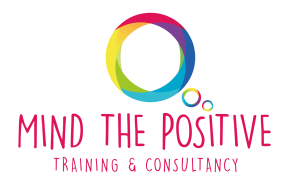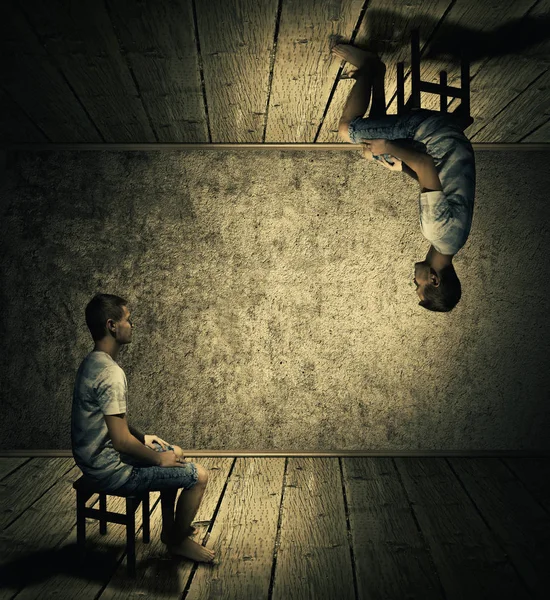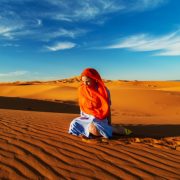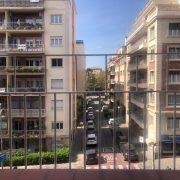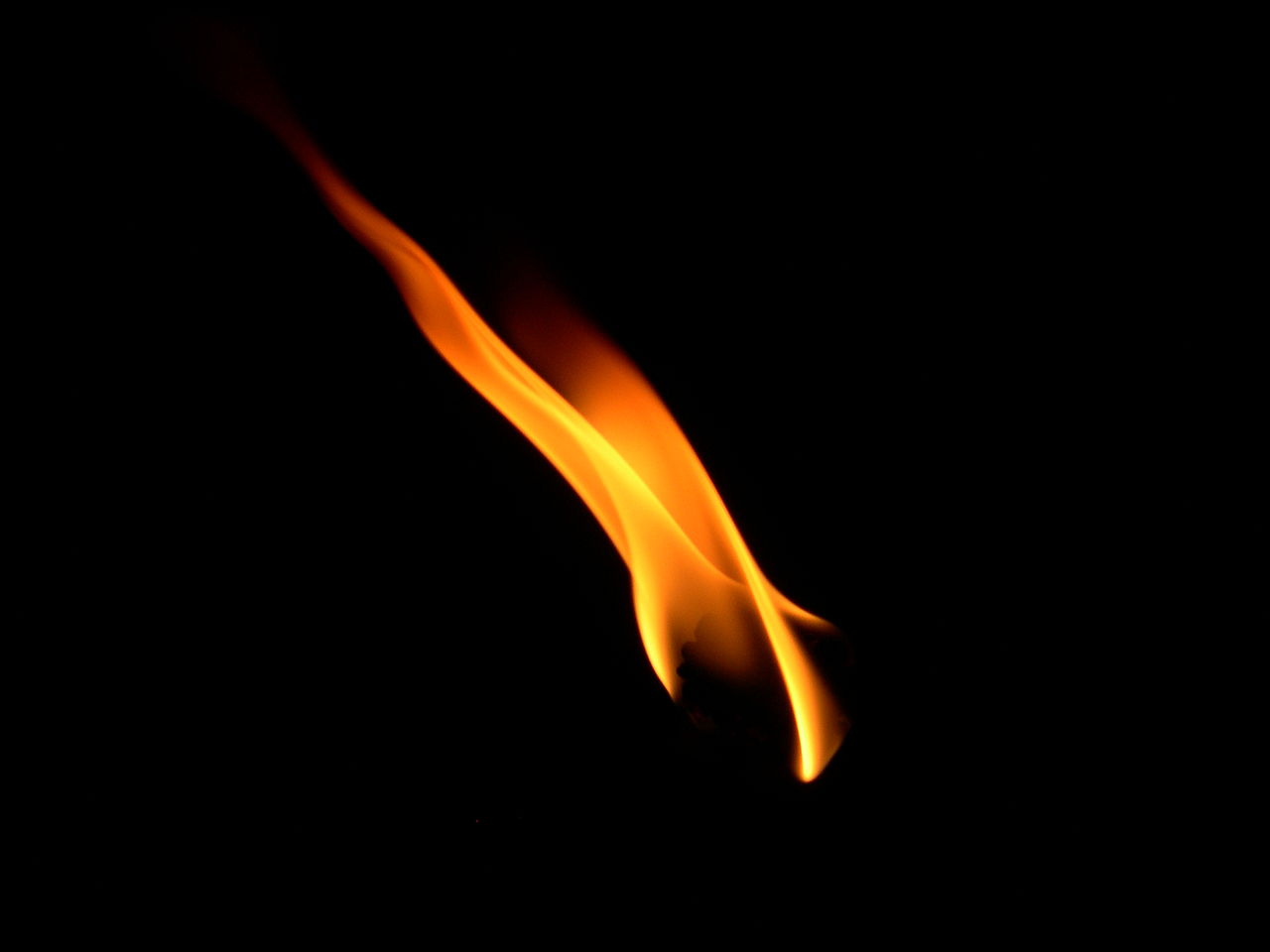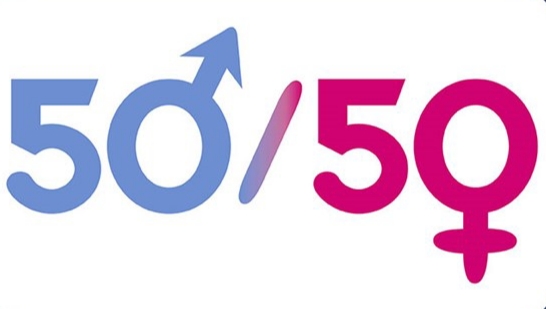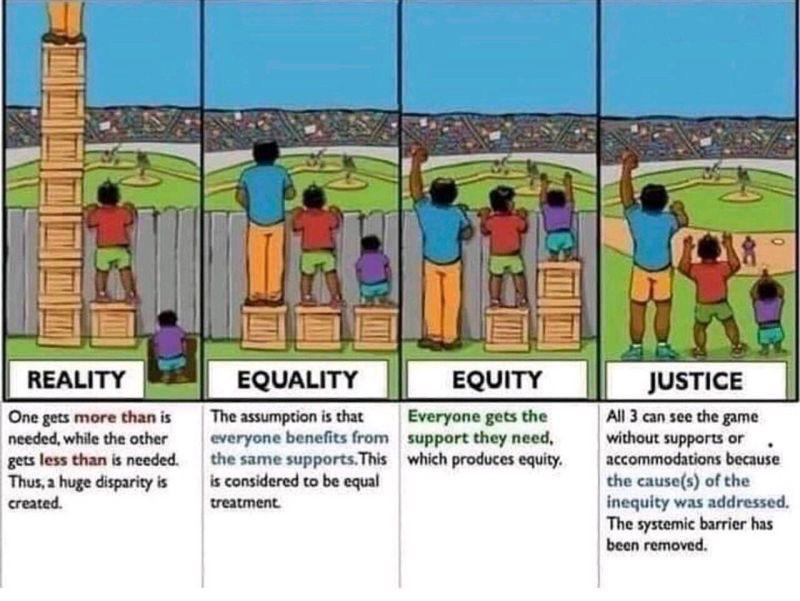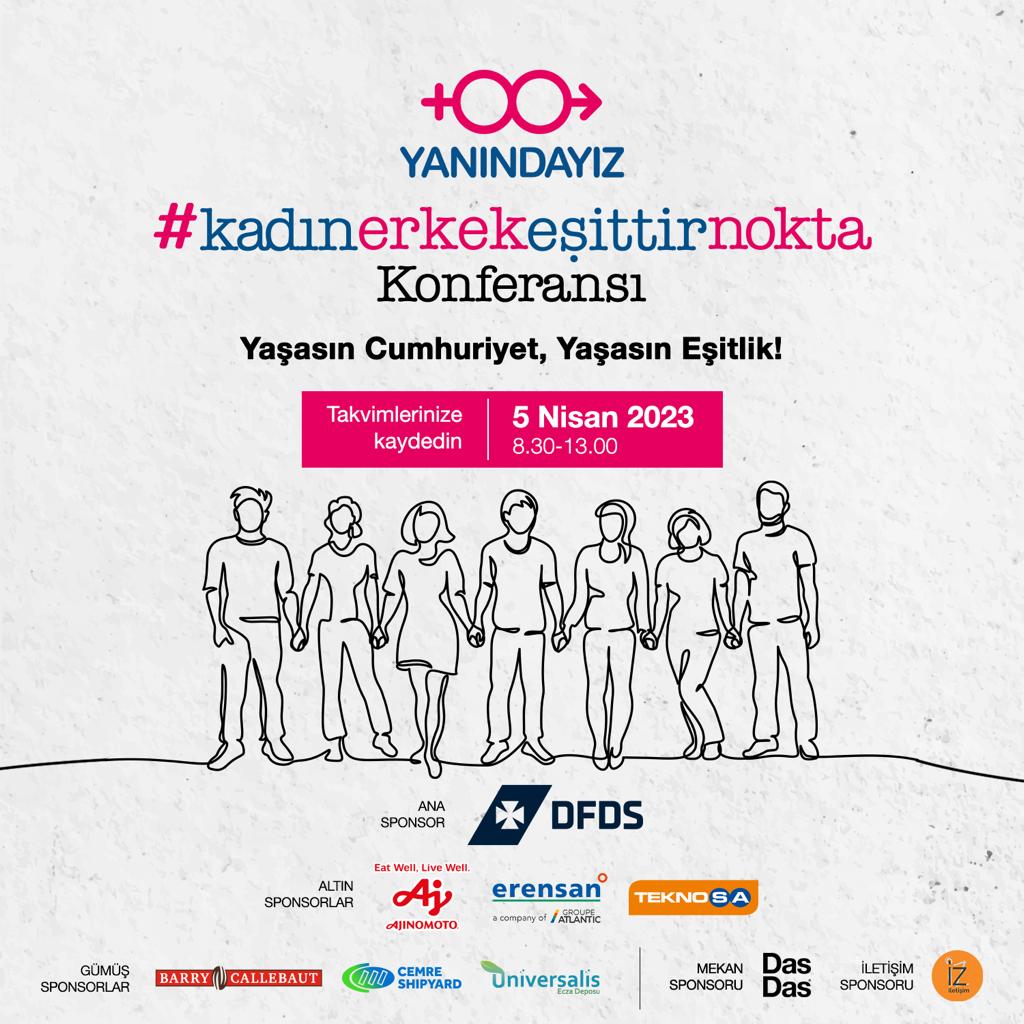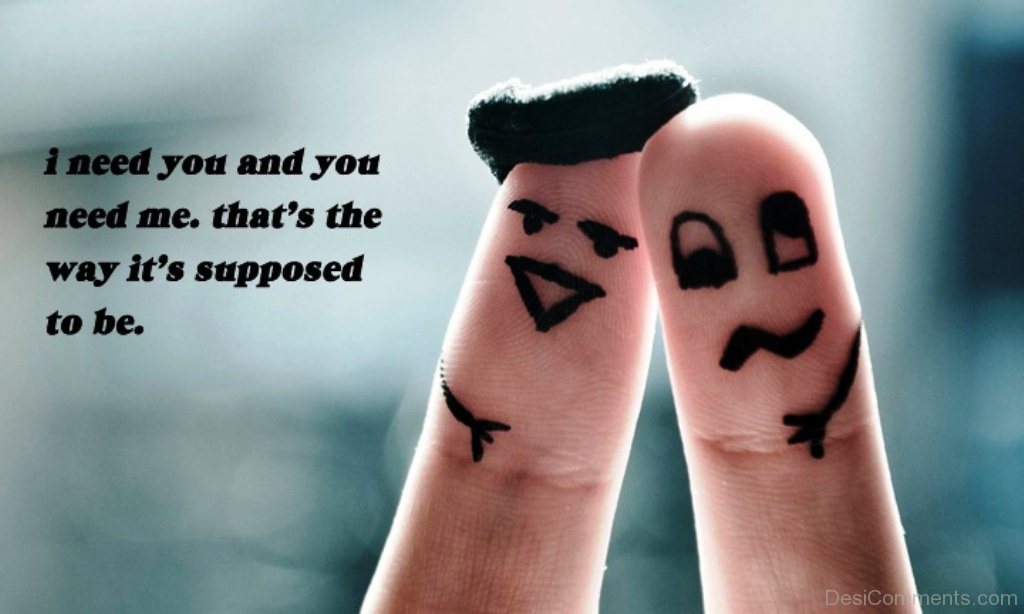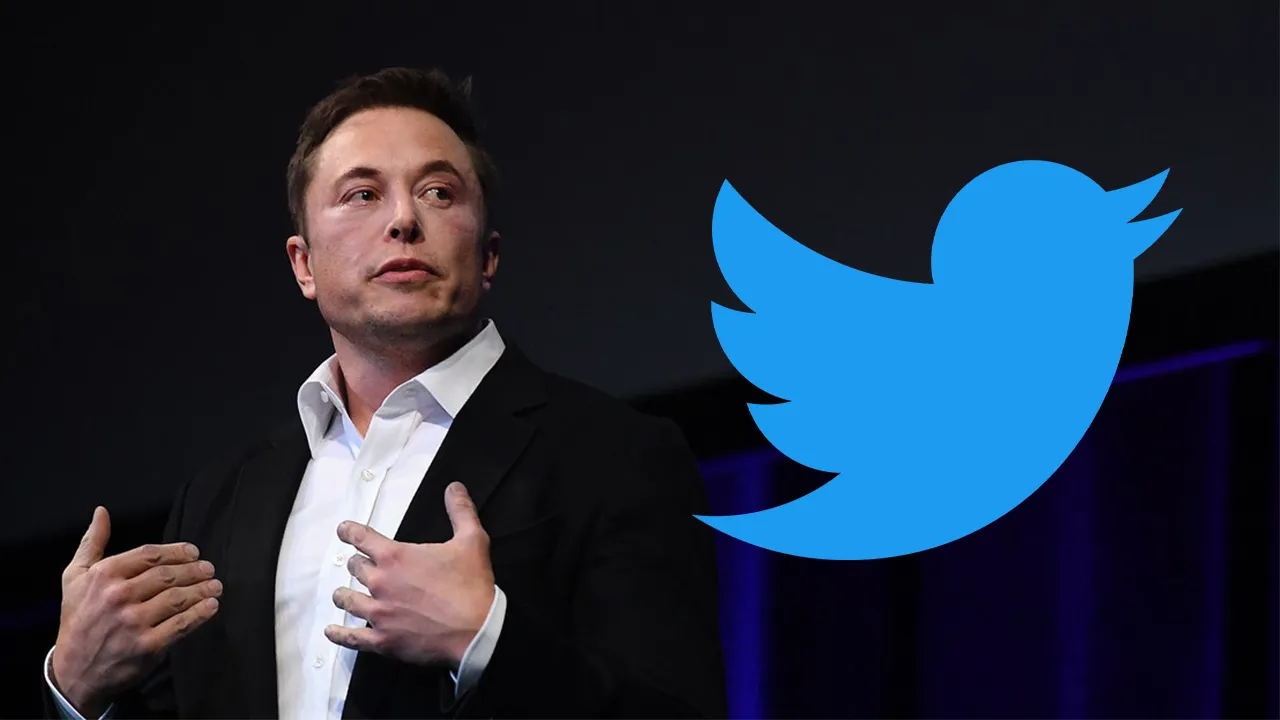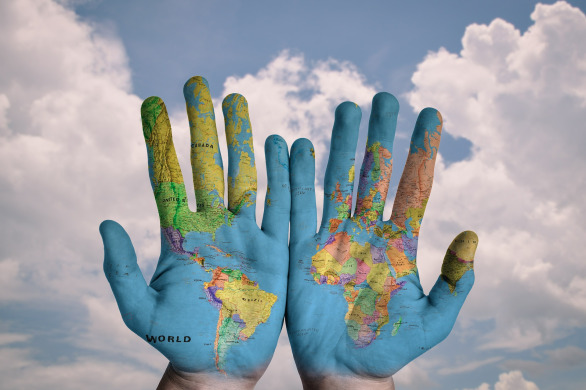Since the morning of February 6, we have been experiencing shock after shock. What we have experienced, what we have seen, the feelings and thoughts that have been going through our minds are indigestible. We are at a place where even the famous phrase “I am left speechless” is not enough. Because as we dig out the living, the wounded, the dead from the rubble, anger, rebellion, fear, and all the dark emotions that come to mind surface out. Where do I begin to describe the complex feelings I have? Yesterday, while talking to a friend, she said, “You are mourning the loss of hope”. She was right! You know when you lose a loved one, and your relatives try to ease your grief with the consolation of “time heals all wounds, get on with your work, this too shall pass”; but in vain, the flame of sadness that smokes inside you does not subside; you know that you have no choice but to accept and mourn silently, so you do that… We accept our loss to some extent because we know that we will all die one day in this mortal world. But how can we mourn for the loss of our hopes? Hope doesn’t die, it diminishes, it is sometimes exhausted and then revived. Whomever I talked to, whosever words or feeling I heard, the were the same… Loss of hope, grief of loss, and despair.
Do you know what loss of hope is? You work hard for something, you try and fail and try again, you make all your efforts to make it happen somehow. Nothing works and eventually you come to the point of giving up. In your relationships, in your work or in any area of your life, if your efforts are not working, what do you do, you give up the struggle and leave. With the earthquake, everything we had pinned our hopes on was destroyed. Yes, we knew about the corruption, the mismanagement, the lack of merit and incompetence, but we did not even imagine the lack of humanity we witnessed after the earthquake. That is the moment when my hope died.
Which of the incidents should I list? It hurts me even to think about them! The kidnapped children, the excavators walking to the wreckage when there were lives under the rubble, the rescue teams being kept waiting in plain sight, the Turkish Armed Forces and the Red Crescent being called back immediately after being sent on duty, the universities being closed to face-to-face education with no regard for the health of young people, the thousands of rescue and medical teams from abroad who were sent away, almost as if they had been “kicked out”, the time we had to sift through the information pollution spread by “evil spirits” and diseased humanoids, and the time lost in confirming the information of those waiting to be rescued from under the rubble, the politicizing of aid, the interception of aid trucks and confiscation of supplies, the theft of gold, money and credit cards from under the rubble, the looting of shops and markets, the harassment of women and children, the massive lack of coordination in disaster management from start to finish and actions that would constitute a violation of life, the attempts by the authorities to obfuscate and cover up evidence, the approvals given to “unsound” buildings and zoning peace in the earthquake zone, the security needed in the region and the ongoing disorganization… These are the ones that come to my mind at once. Surely there must be more. Even counting them makes my heart ache, and I don’t have the strength to remember the ones I have forgotten!
While struggling to adapt to the shock of it all, my father and I started talking about the feeling of “belonging” during a walk. More precisely, I was trying to understand myself by asking him questions and comparing his sense of belonging with my own. Eventhough we live abroad, we have always had one foot in Turkey. Not only in the physical sense, but also in terms of family, social, cultural and economic ties, we are and have always been connected to Turkey. Whenever there is a slightest insident -social, political or economic, our hearts beat with anxiety as if we were at our home in Istanbul. Turkish news channels are on in our homes, we follow the news 24/7 and we live in a social environment that resembles the Turkish diaspora. It is because of this sense of attachment that I have, I’ve been mentoring Turkish youth remotely for years, participating in volunteer work, and working for their development and empowerment. So, we are connected to our roots in terms of attachment, but there is also the issue of belonging, which is where things get complicated.
While chatting with my father and trying to define the concept of “belonging” for him, I realized that in order to feel belonging to a society or a country, one does not necessarily have to live in that country, nor does it suffice to speak its language and maintain its culture. I realized that the sense of belonging consists of seeing oneself as a part of that nation, identifying oneself with the lives, actions and thoughts of its people and perceiving oneself as equal and one with them. The Republic of Turkey to which I felt I belonged -that is secular, westernized, science-based, women and children-valuing, culturally and ethnically rich, is gone, and in its place another one exists -that practices violence against women, harasses children, encourages thieves and promotes theft, and under the guise of religion and faith has turned into a haven for corruption and degeneracy. Just yesterday, the issue of adoption of earthquake victims’ children came up on the agenda; the Diyanet (religious body of authority) responded with “there is no barrier to marriage between the adopter and the adopted child” and gave the sick message of “don’t see and treat those children as your own.” I would like to ask you, how can I have a sense of belonging to a Turkey and its mentality that abandons even its children?
Unfortunately, I do not feel that I belong to the Republic of Turkey, which has been constructed by the malicious actions of some Turkish people. I refuse to be a part and extension of this mentality. As I see all that is happening, I am losing not only my hope, but also my mind and my faith. With feelings of rebellion, anger, sadness and despair, I cannot continue the struggle to protect the enlightened secular and western mentality, even if I wanted to. I have no strength left. The disasters we are experiencing are nothing but natural disasters called earthquakes and are inevitable; but it is the greed of the reactionary, ignorant and insatiable people in charge are the ones who have turned this into a tragedy. I was destined to mourn the loss of my hope!
Is that it? No! Like mourning the dead and then clinging to life with “life goes on”, there are of course branches to which my hope clings. Out of the chaos of the last 13 days, a great spirit of cooperation, coordination, collaboration, human love, trust and solidarity, and brotherhood emerged. Aid poured in from all sides. It is still coming. From every corner of the country, our dear people of the Turkish Republic, we have connected heart to heart. This is the spirit of unity that I feel I belong to, that I want to be a part of, and that I identify myself with.
What will happen next? The road is long. There is much more work to be done. Help, support and need will continue. The next stage is to restructure our Republic, to restructure a Turkey that our great leader and founder Atatürk left us. This will be the closure of an era -of mindset, and the opening of a new one. This does not involve a change of political regime, but an understanding of life; it involves a fair, transparent, ethical, human-valuing, honest, liberal, inclusive, egalitarian, we and not me mentality, based on science.
As I mourn the loss of my hope, I say “hope springs eternal.” My hope is in our youth. If anything good may happen, it will be thanks to them.
From Barcelona, with love.
February 19, 2023
A series of mistakes in crisis management before, in the first 48 hours and after the earthquake:
*Source: Aposto https://www.instagram.com/aposto/
– 294 thousand buildings were legalized with the zoning amnesties issued 9 times by the AKP.
– Between 2003 and 2022, taking into account the exchange rate-inflation difference, the earthquake tax amounting to 685 billion liras was spent on double-decker roads and airports.
– As of July 2018, only 5 out of 75 earthquake motions submitted to the Parliament were accepted. Only 1 of the 75 motions belonged to an AKP deputy, while the other motions were submitted by opposition parties.
– AFAD was weakened and neutralized. AFAD’s report on the 10 provinces affected by the earthquakes, which stated that there were insufficient resources, plans and coordination to respond to a possible earthquake, was ignored by the government.
– Emergency response started late because it was waiting for instructions. Centralized decision-making delayed the first response order; the response of local governments and civil society was hampered by bureaucratic obstacles for the first 48 hours.
– The army, which has emergency response capacity, was not mobilized. The military was not ordered to participate in search and rescue operations in the first 48 hours; the response to public order problems was delayed, creating public order problems in the region (in the 1999 earthquakes, more than 35 thousand army personnel were on duty in the first 12 hours).
– Communication infrastructure collapsed, internet and phone lines were cut, and the offer of Starlink to provide service for Turkey was rejected, saying that Türksat’s satellite capacity was sufficient.
– On the 3rd day of the disaster, access to Twitter was restricted, and access to the portal for rescue from under the rubble and calls for help from cities was restricted.
– Transportation infrastructure collapsed. Hatay Airport and some highways, which were built despite warnings from chambers of architects and engineers and the Air Force, have become unusable. Search and rescue teams, volunteers and aid trucks had difficulty reaching the region.
– Instead of seeking support from civil society, the government adopted the rhetoric that “the crisis is under control” and adopted a threatening tone in response to criticism of crisis management and calls for urgent intervention.
– Search and rescue efforts were insufficient. Thousands of people waiting to be rescued could not be intervened due to the insufficiency of construction machinery and equipment.
– Aid sent to the region could not be coordinated. Aid trucks had difficulty in reaching the region and the aid collected in city centers was not delivered to those in need.
– Political polarization got in the way of national unity. Political discrimination was made among non-governmental organizations that organized and delivered in-kind and cash aids provided by citizens to the earthquake zone. Some organizations, especially AHBAP, were targeted by the government.
– Unfortunately, the disaster is still unmanaged. The need for tents and containers has not been fully met. There are major hygiene and security problems in tent cities. Basic problems such as shelter, heating and food continue.
